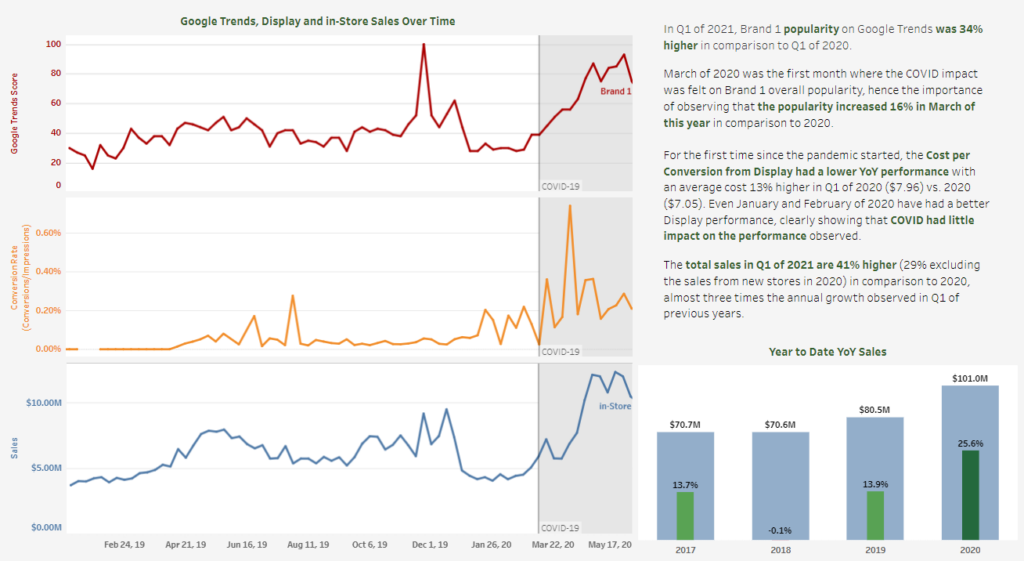In today's data-driven world, businesses rely more than ever on advanced analytics and sophisticated algorithms to extract insights from their vast datasets. While these tools have undoubtedly revolutionized the way we handle data, they have not rendered human expertise obsolete. In fact, the role of people and the human touch in data analysis is as critical as ever.
Per Medium's recent musing on this topic called "Importance of People in the Data Industry," they stated the following: "While artificial intelligence has made significant advancements to automate various tasks in the data engineering field. There are some tasks that cannot be completely replace data engineers."
To go even further, we will explore why people are still needed to help visualize data and draw insightful conclusions from a company's data.
Contextual Understanding and the Human Touch in Data
One of the primary reasons humans remain indispensable in data analysis is their ability to provide contextual understanding in a world where data alone lacks context. Human analysts can interpret data in the context of industry trends, historical data, and the specific goals and challenges of the organization. This contextual insight is vital for making informed decisions, and something that relies on great communication between teams. Effectively conveying data-driven insights to non-technical stakeholders is a skill that requires the human touch, for now and forever.

Data analysts and domain experts also bring a wealth of specialized knowledge about the industry, market dynamics, and business processes. This expertise is invaluable for interpreting data accurately and extracting meaningful insights. Without this domain knowledge and focus on quality assurance, data can easily be misinterpreted or lead to incorrect conclusions.
Even the most advanced algorithms can't replace the human eye when it comes to identifying data quality issues. Humans excel at spotting anomalies, inconsistencies, and errors in data, ensuring that the insights drawn are reliable and trustworthy. They play a crucial role in maintaining data integrity.
Creativity and Intuition
Humans can apply creativity and intuition to data analysis. They can come up with innovative ways to visualize data, identify patterns, and ask insightful questions that machines might not think of. This creativity is essential for thinking outside the box and discovering hidden insights.
Human Touch in Data: Complex Problem Solving
Many business problems require more than just data analysis; they also demand complex problem-solving skills. Humans can formulate hypotheses, design experiments, and make strategic recommendations based on data insights. These higher-level thinking skills are essential for addressing multifaceted challenges.

Ethical Considerations
Finally, data analysis often involves ethical and moral considerations, such as privacy and data security. Human analysts can make ethical judgments, ensure that data is used responsibly, and consider the broader ethical implications of their findings. This ethical oversight is crucial in today's data-sensitive world.
At RADaR Analytics, we make each and every one of these facets a cornerstone of our offerings and strive to keep the human touch in data analysis alive and well. If you have any questions or need any help with gaining some context or extra insights into your data, we're always here to help!
